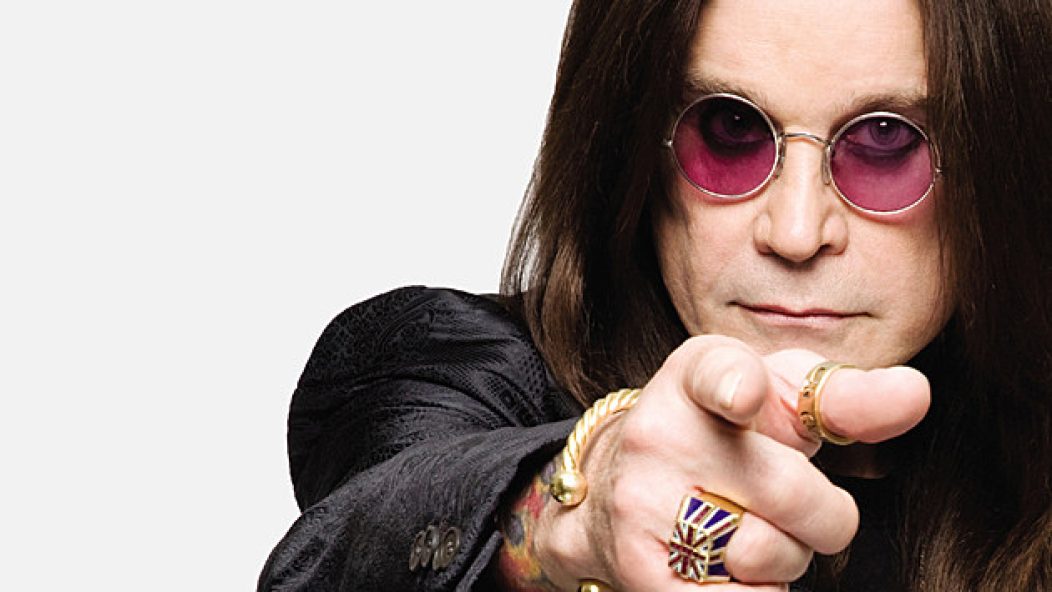
Ozzy Osbourne - I Am Ozzy (book)
 |
I laughed, I cried. And I didn’t expect it to be this good. Ozzy Osbourne mainly interests me as Black Sabbath’s ex-singer, and for a few moments in his solo career (the Randy Rhoads records, No More Tears). He’s over-exposed in the media, whose coverage is almost always negative: his crazy wife Sharon, his shambling antics on The Osbournes, his very public aging, both on stage and off. My expectations for Ozzy’s autobiography ran along the lines of Mötley Crüe’s The Dirt: a literary one-night stand.
But it riveted me. Sure, it had the requisite tales of unbelievable substance abuse. One involved Black Sabbath staying at a house in LA. They had a staff member whose sole job was to procure drugs, which arrived at the house in unmarked vans. One day the band heard sirens coming up the driveway. In the ensuing panic, the band backed up the toilet by flushing weed down it. Then they decided to snort all the coke they had. Says Ozzy, “We must have snorted about six or seven grams each before I heard the tapping noise outside the door.” You’ll have to read the book for the outcome of that story.
Entertaining though they are, such stories are one-dimensional. More interesting is Ozzy’s personality, which turns out to be humorous and surprisingly sensible. The stories of the rise of Black Sabbath are priceless, both in historical and personal value. Ozzy’s hardscrabble upbringing makes for a good deal of pathos, as do his insecurities and genuine health problems. His dyslexia means that he can’t read his own autobiography; he dictated it to his ghostwriter.
Not only does Ozzy the person clearly emerge from the text, so do the people around him. I was particularly impressed by Tony Iommi (for his pugilistic skills) and Randy Rhoads (for his un-rock-n-roll-ness). Sharon Osbourne, naturally, gets a lot of coverage. The book successfully explains why Ozzy is with her, a question that has nagged me for years. The answer: they’re the only people crazy enough to stay with each other.
This book does have narrative holes. Ozzy acknowledges this in a disclaimer that his recollection is imperfect from years of, well, being Ozzy. His solo career doesn’t get much of a treatment past the Randy Rhoads years. Jake E. Lee and Zakk Wylde only get a few mentions, and the latest drama involving the replacement of Wylde with Gus G. is absent. (After reading this book, I’m sure that Sharon engineered that move.) And there’s little discussion of actual music — which is fine, as guitar magazines more than pick up that slack.
Ozzy is an easy target for many reasons, many of them of his own doing. But his own doing (and perhaps a liver made of alien material) also got him to where he’s at today. We’re reading his book, we’re listening to his music, we’re partaking of a metal world he helped create. The Prince of Darkness may not be so dark in reality, but I’ll take him any day over the King of Pop.
Commentary on Ozzy at Slate
A great fan account of an Ozzy book signing











